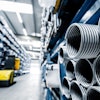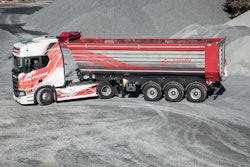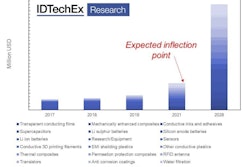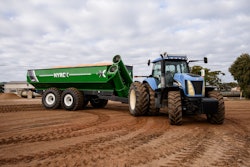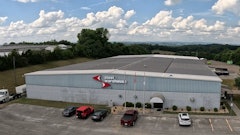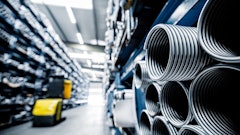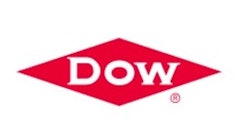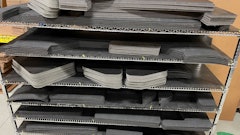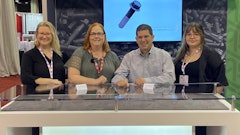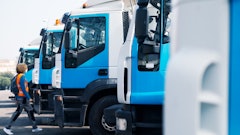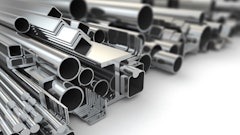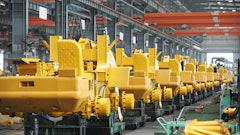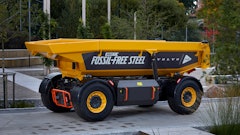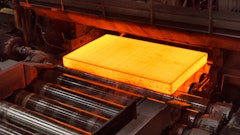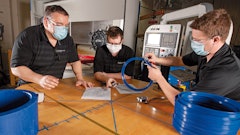A coalition of downstream users of steel – including the automotive, construction equipment, agriculture machinery, home appliance and technology industry sectors – has written to the European Commissioner for Trade, Cecilia Malmström, to express concerns on the safeguard investigation into steel products, launched in March.
The European Commission initiated the safeguard investigation in response to U.S. restrictions on steel and aluminum, with the aim of preventing a surge of steel imports into the EU (trade deflection). The potential result of this procedure would be the introduction of import tariffs or quotas.
“European steel is and will remain an integral part of our supply chains,” the letter states. “Nevertheless, the application of ever greater layers of protection for it will ultimately only have a negative impact on downstream users of these products. Therefore, we are convinced that the imposition of safeguard measures is not in Europe’s interest.”
Trade data for many of the product categories under investigation do not show evidence of a sudden and sharp increase in imports, the signatories to the letter argue. What is more, European steel producers are in good health, reporting high profits in 2017 and similar outlooks for 2018. Capacity utilisation in the EU steel sector is also currently high, with some producers even experiencing a shortage of capacity leading to increased prices and longer lead times.
Policy makers should also be aware that should steel imports increase in the coming months, then trade deflection could be just one of many different factors influencing this trend. Indeed, an increased demand for steel in manufacturing, metalworking and construction is foreseen in 2018 and beyond. EU steel producers themselves predict that demand for steel in the EU will increase by up to 2% this year, so in this positive economic climate it can be expected that imports will also increase.
It is vital for the industries concerned to have the ability to procure raw materials and semi-finished products of good quality at competitive prices. Many steel products are already heavily subject to anti-dumping and anti-subsidy measures. “The imposition of further measures would put downstream users under yet more pressure in their fight for global competitiveness,” the letter cautions.
The signatories to the letter are ACEA, APPLiA, CECE, CEMA, CLEPA, Metal Packaging Europe, Orgalime, and T&D Europe.

